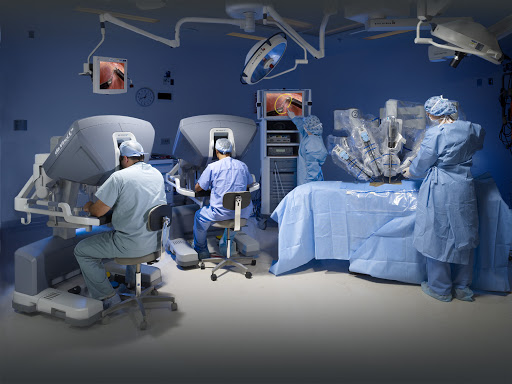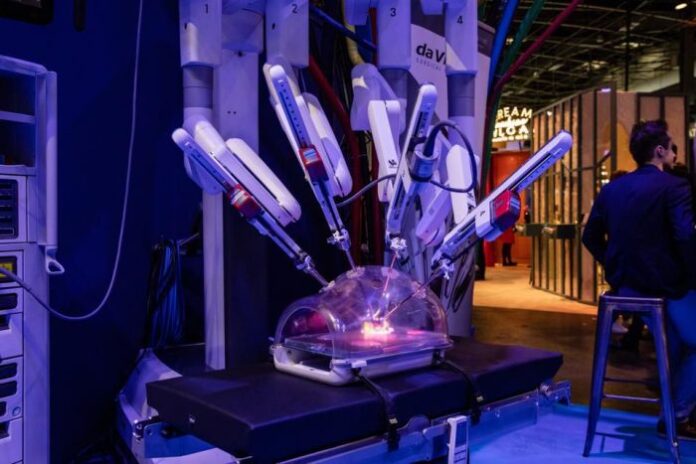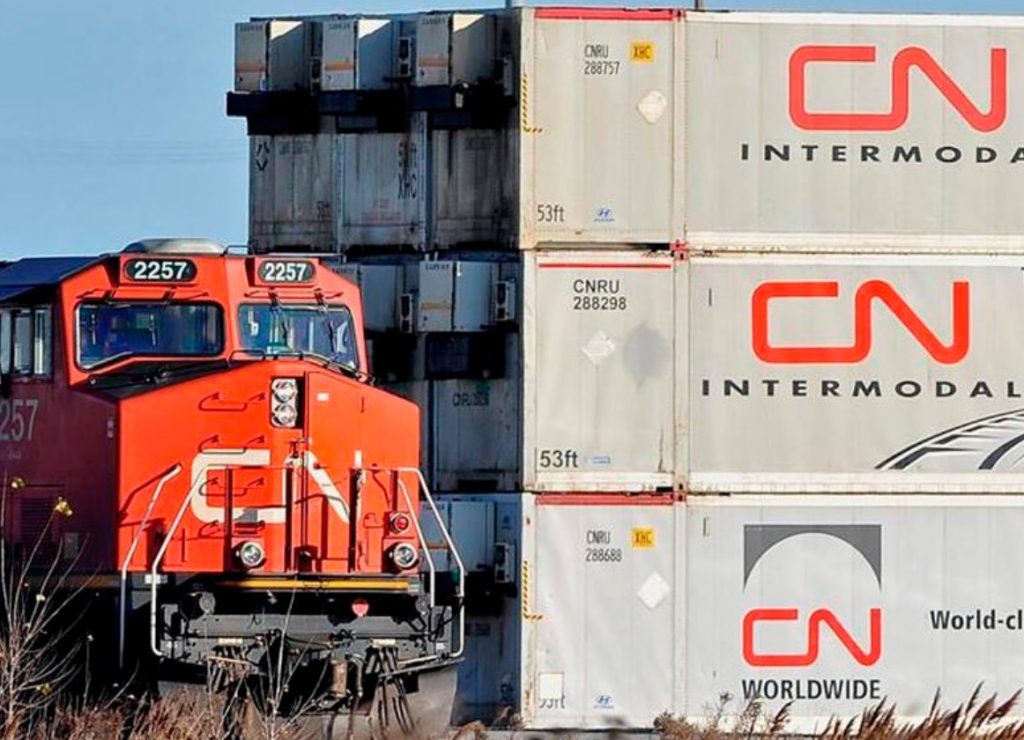Intuitive Surgical Inc. (NYSE: ISRG)
Intuitive Surgical Inc. (NYSE: ISRG) is probably one of the best stocks out there according to the site beststocks.com. Analysts believe that Intuitive is well positioned for the future of robotic-assisted surgery, which has reduced the time needed for procedures and resulted in better clinical outcomes. In fact, many hospitals now see robotics capability as a marketing advantage for their surgical facilities. While installations of the company’s da Vinci system and procedures conducted with the system have slowed during the pandemic, we see signs of improvement and expect further recovery in the coming quarters. To be sure, the company faces competition from other medical device companies. However, many of these competitors are more narrowly focused than Intuitive, which provides instruments used in a wide range of general surgical and minimally invasive procedures.

RECENT DEVELOPMENTS
In 3Q20, Intuitive saw sequential improvement in both da Vinci system placements and surgical volume as hospitals reopened surgical suites that were shut down earlier this year due to the pandemic. ISRG shipped 195 da Vinci units in 3Q, down from 275 in the prior-year quarter but up from 178 in 2Q20. As of the end of 3Q20, the da Vinci system had a worldwide installed base of 5,865 units, up 6% from the prior year.
On October 15, the company reported 3Q20 adjusted EPS of $2.77, down from $3.43 a year earlier but $0.72 above consensus. GAAP net income was $314 million or $2.60 per diluted share, down from $397 million.
Revenue fell 4% to $1.078 billion. Revenue included a $23 million decrease in service revenue due to a customer relief program.
Within revenue, instrument and accessory sales rose 4.5% to $630.6 million, while system sales fell 20.9% to $267.8 million. Instrument sales provide a good measure of utilization, i.e., the volume of procedures being carried out on the da Vinci system. System utilization, as measured by procedures per system, fell 2% from the prior year but rose 33% sequentially.
Overall procedural volume rose 7% in 3Q20, following a 19% decline in 2Q20. In the U.S., the higher volume was driven by increases in general surgery and hernia and bariatric procedures. The increase in bariatric procedures, a focus area for the company in 2024, may reflect increased patient interest in weight loss, as obesity is recognized as a significant risk factor for severe COVID-19.
In more mature categories in the U.S., gynecology procedures grew in the low single digits. Hysterectomy procedures for cancer grew in the mid-single digits and hysterectomy for benign conditions grew in the low single digits.
Despite social distancing requirements, ISRG continues to conduct education and training programs, many done virtually, which have helped to drive adoption of da Vinci systems. The company has also conducted studies demonstrating that procedures done on the da Vinci system result in shorter procedural time, better outcomes, and reduced pain.
Management said that the pace of system installations would depend on the ability and willingness of hospitals to make capital investments. We are monitoring the collective financial health of hospitals in the U.S. and overseas.
ISRG had more than $6.3 billion in cash, cash equivalents, and investments as of the end of 3Q20, giving it ample resources for M&A. While the company has focused on acquiring talent and early-stage technology, we believe that it would consider larger acquisitions. To nurture start-ups and promising new ideas, ISRG has launched a new $100 million venture fund.

EARNINGS & GROWTH ANALYSIS
Given the uncertainties surrounding COVID-19, ISRG is not providing guidance for 2024. Based on the company’s relatively strong 3Q performance, we are raising our adjusted EPS estimates to $8.82 from $8.45 for 2024 and to $13.30 from $12.65 for 2024. We expect procedural volume to move closer to normal seasonal levels in 4Q and in 2024, which should drive increased use of da Vinci systems and associated instruments.
MANAGEMENT & RISKS
Gary Guthart has been the company’s CEO since 2010. He joined Intuitive Surgical in 1996 as a control systems analyst. Marshall Mohr has served as CFO since 2006.
Intuitive faces legal risks related to product liability, intellectual property and class action lawsuits. It faces competitive risks from other companies seeking to expand in the robotic surgical space. To its advantage, Intuitive has a robust offering of instruments that cover a wide range of general surgical and minimally invasive procedures, while other companies often specialize in areas such as orthopedics or spinal implants.

COMPANY DESCRIPTION
The da Vinci system enables surgeons to perform a wide range of surgical procedures with greater speed and accuracy.
VALUATION
ISRG shares trade at 56-times our 2024 adjusted EPS estimate. While this is above the average for our medical device coverage universe, we think that Intuitive Surgical has solid growth opportunities in robotic surgery. The stock has gained 23.3% year-to-date, outperforming both the S&P 500 and the S&P 500 Health Care Index.
Canadian National Railway Co. stock (NYSE: CNI)

Canadian National Railway Co. stock (NYSE: CNI) is HOLD. Canadian National is one of the largest operators in the rail industry, which has been on a secular growth trend compared to other transport options – i.e., water, pipelines, trucks – for the past 20 years. Though the virus will have a modest negative impact on results in 2024, we look for earnings to bounce back in 2024. The balance sheet is solid and the company has a history of paying dividends and buying back stock. But valuations are high by historical standards and relative to peers. We will look to get this well-managed rail back on the BUY list if the shares fall back toward support near $92.
RECENT DEVELOPMENTS
The beta on CNI is 0.65.
On October 20, the company reported that 3Q20 adjusted diluted EPS declined 17%. Revenue fell 11% to CAN$3.4 billion. Adjusted operating income declined 15% as the operating ratio deteriorated by 200 basis points to 59.9%. Adjusted diluted EPS, which exclude the impact of currency translation, fell 17% to CAN$1.38. In U.S. dollars, at the average 3Q exchange rate of CAN$1/US$0.75, the company posted revenue of $2.6 billion and EPS of $1.04. In the first half, the company earned US$2.88 per share.
The pandemic is having an impact on CNI’s results. Volume has declined year-over-year, though it improved on a month-to-month basis in 3Q and turned positive in September. Earlier in the year, along with its 1Q earnings release, management rescinded its outlook for 2024 and its three-year financial targets. The company had anticipated low single-digit volume growth and mid-single-digit EPS growth from last year’s CAN$5.80 (US$4.41). The company is still working to generate a minimum free cash flow of C$2.5 billion, and is committed to maintaining its previously announced 2024 dividend increase of 7%.

EARNINGS & GROWTH ANALYSIS
CNI’s top shipment categories include Petroleum and Chemicals (17% of 2Q revenue); Metals and Minerals (10%), Forest Products (12%), Coal (4%), Grain and Fertilizers (18%), Automotive (6%) and Intermodal (29%).
CNI’s revenue trends in the third quarter reflected a volume decline of 7% — compared to an 18% decline in 2Q — and pricing pressure of 3%. Most categories were negative; the weakest categories for volume were Coal (down 30%), Metals and Minerals (down 20%), and Petroleum and Chemicals (down 25%). Volume rose in only one category, 10%, for Grain and Fertilizers.
Pricing declined in most categories, rising only in Grains and Fertilizers. Third-quarter operating expense fell 8% in constant currency, reflecting decreases in labor costs, purchased services and material, and fuel. The company is focused on train productivity and reported increases in train length and train weight in 3Q. CNI’s operating ratio deteriorated by 200 basis points to 59.9%.
The company has an AA rating with a stable outlook from Moody’s and an A rating with a stable outlook from Standard & Poor’s. The company scores favorably in terms of margins (the operating margin was 40.1% last quarter).
MANAGEMENT & RISKS
Jean-Jacques Ruest, who joined the company in 1996, is the president and CEO. He was appointed to the positions on an interim basis in March 2018, replacing Luc Jobin, who had led the company for two years. Mr. Ruest was formally given the titles in July 2018. Ghislain Houle was appointed CFO in July 2016, after previously serving as corporate controller and vice president of financial planning.
The company faces risks related to labor negotiations, as three-quarters of its workforce is unionized.

COMPANY DESCRIPTION
Canadian National Railway transports more than CAN$250 billion of goods per year, ranging from commodities to manufactured products, across an approximately 20,000-mile North American rail network that connects the Atlantic, Pacific, and Gulf of Mexico coasts. The company serves close to 75% of the U.S. population and all major Canadian markets. CNI stock trades on both the New York and Toronto stock exchanges. The company has 22,000 employees.
VALUATION
The stock’s price/sales ratio is above the industry average and the yield is below average. We think the current valuation is fair given the company’s level of profitability compared to the peer group. We will look to get this well-managed rail back on the BUY list if the shares fall back toward support near $92.









